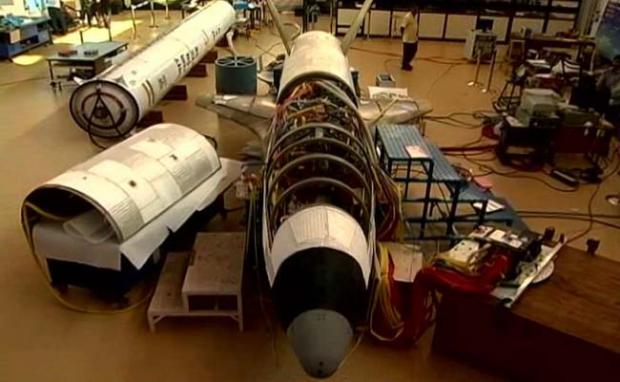
Breaking News
 Pam Bondi says that if we prosecute everybody in the Epstein Files, the whole system will collapse
Pam Bondi says that if we prosecute everybody in the Epstein Files, the whole system will collapse
 Dr Pollan at Harvard has cured schizophrenia using keto diet
Dr Pollan at Harvard has cured schizophrenia using keto diet
 We are winning. Big Pharma is finding it too difficult to get new vaccines approved under Trump
We are winning. Big Pharma is finding it too difficult to get new vaccines approved under Trump
 Abortion drugs discovered in Bill Gates' vaccines
Abortion drugs discovered in Bill Gates' vaccines
Top Tech News
 Drone-launching underwater drone hitches a ride on ship and sub hulls
Drone-launching underwater drone hitches a ride on ship and sub hulls
 Humanoid Robots Get "Brains" As Dual-Use Fears Mount
Humanoid Robots Get "Brains" As Dual-Use Fears Mount
 SpaceX Authorized to Increase High Speed Internet Download Speeds 5X Through 2026
SpaceX Authorized to Increase High Speed Internet Download Speeds 5X Through 2026
 Space AI is the Key to the Technological Singularity
Space AI is the Key to the Technological Singularity
 Velocitor X-1 eVTOL could be beating the traffic in just a year
Velocitor X-1 eVTOL could be beating the traffic in just a year
 Starlink smasher? China claims world's best high-powered microwave weapon
Starlink smasher? China claims world's best high-powered microwave weapon
 Wood scraps turn 'useless' desert sand into concrete
Wood scraps turn 'useless' desert sand into concrete
 Let's Do a Detailed Review of Zorin -- Is This Good for Ex-Windows Users?
Let's Do a Detailed Review of Zorin -- Is This Good for Ex-Windows Users?
 The World's First Sodium-Ion Battery EV Is A Winter Range Monster
The World's First Sodium-Ion Battery EV Is A Winter Range Monster
 China's CATL 5C Battery Breakthrough will Make Most Combustion Engine Vehicles OBSOLETE
China's CATL 5C Battery Breakthrough will Make Most Combustion Engine Vehicles OBSOLETE
ISRO Races Billionaires To Master Re-Usable Technology For Space Flights

India's first re-usable spacecraft will soon take a test flight and will be pitted against the likes of SpaceX's Falcon 9 and Blue Origin's New Shephard rocket, in a race to master re-usable technology for space shuttles.
Even before India's frugal winged space shuttle, the RLV, is launch-ready, it faces stiff competition from aerospace manufacturers floated by world's top billionaires and supported by NASA - Elon Musk's SpaceX and Jeff Bezos's Blue Origin. Both the companies have already partially tested re-usable space shuttles.
SpaceX has been able to land its Falcon-9 rocket onto a sea-based platform while Blue Origin landed its New Shepard rocket on land in Texas, USA.
Dr Jean-Yves Le Gall, President, French Space Agency in Paris told NDTV, "I think reusable technology is quite promising. We have to see what will go in the future but all important space players today must have capabilities of reusable technology. And this is exactly what India is going to do."
Today it costs about $ 20,000 to send a kilogram in space but with re-usable technology engineers want to make space affordable by bringing the cost down by ten times.



